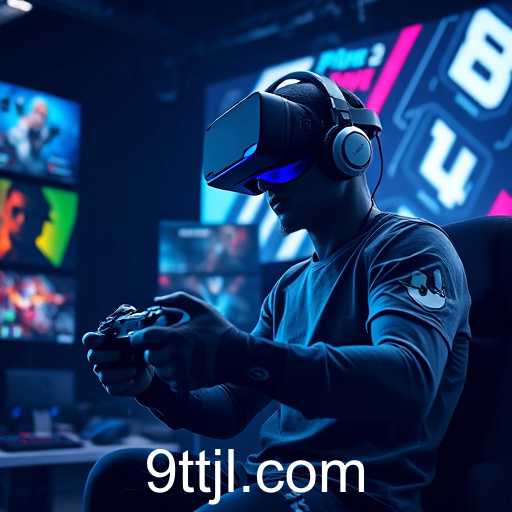In recent years, the gaming industry has undergone remarkable changes, adapting to technological advancements and the shifting preferences of players worldwide. As we find ourselves in 2025, the influence of innovative technologies such as virtual reality, cloud gaming, and artificial intelligence cannot be overstated. These technologies have not only enhanced the gaming experience but have also introduced new challenges for developers and players alike.
The keyword 'ttjl' has become synonymous with an emerging English game website focused on bringing the latest in gaming trends and discussions to a global audience. The website has rapidly gained traction by offering a platform for gamers to share experiences, discover new content, and engage in lively debates about the future of gaming.
One of the most significant trends in the industry is the shift towards immersive gaming experiences. Virtual reality has opened up new dimensions, allowing players to step inside their favorite worlds and interact with them in previously unimaginable ways. This has led to increased demand for high-quality VR content and hardware, pushing developers to innovate and optimize their offerings continuously.
At the same time, the gaming industry faces several challenges. The ongoing issue of data privacy and security remains at the forefront, as online gaming platforms collect vast amounts of personal information from users. Ensuring the protection of this data while maintaining a seamless user experience is a balancing act that companies continue to navigate.
Cloud gaming has also been a game-changer, eliminating the need for high-end hardware and making games accessible to a broader audience. However, it comes with its own set of challenges, primarily related to the reliability and speed of internet connections. As more players turn to cloud gaming, service providers must invest in infrastructure to support this growing demand.
Moreover, the rise of artificial intelligence in gaming has brought about both excitement and caution. AI-driven opponents and dynamic storylines offer a new level of engagement, but there are concerns about the ethical implications and potential loss of human touch in game design.
In conclusion, the gaming industry in 2025 is characterized by its dynamic nature, driven by cutting-edge technologies that provide both opportunities and challenges. As websites like 'ttjl' continue to foster informed discussions among enthusiasts, the future of gaming promises to be as thrilling as the digital worlds it creates.








